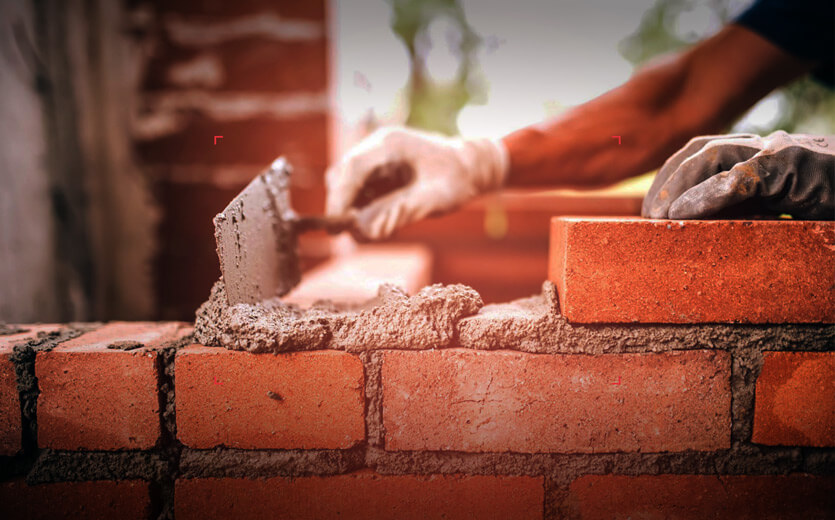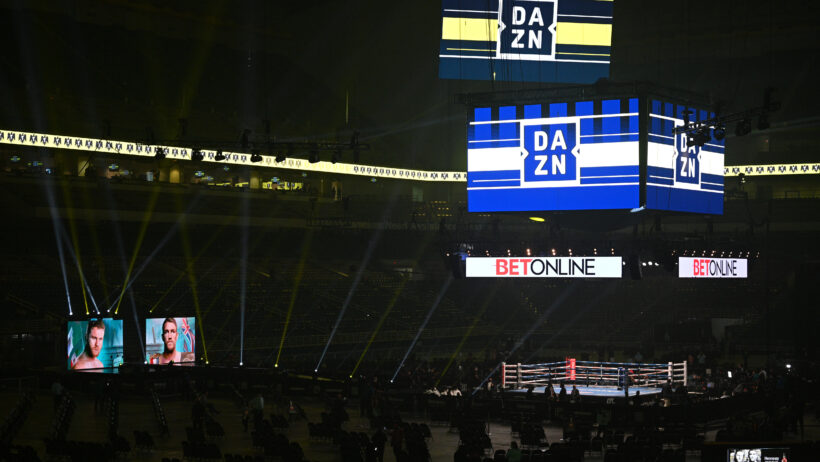The Evolution of Brick and Mortar Sportsbooks

Sportsbooks haven’t always been about the bright lights and glitz of Vegas’ casinos and hotel resorts. How did we come to be blessed with these ultra-modern, screen-laden havens that are dedicated to sports betting?
From the humble beginnings at the side of the race tracks to the glory of Las Vegas, we take you on a journey through the evolution of the mighty bricks and mortar sportsbooks.
Early History of Sportsbooks
Did you know that the history of sports betting in the US can be traced back to the 1600’s?
When English colonists arrived in America, they brought their love of sports, most notably horse racing. At this time in history, horse racing was considered a pastime for the elite, and not everyone could afford to go to the tracks.
To accommodate the working class, illegal betting shops (known as ‘poolrooms’) were set-up near the tracks. These offered better odds and became extremely popular, even with the racetrack ‘gentlemen.’
As betting action spread to other sports and events, illicit poolrooms started to become more popular and spread throughout the country, hidden in the small back rooms of bars, saloons, and basements of hotels.
In response to underground crime, American lawmakers started to pass restrictions that kept bettors from wagering outside of racetracks.
From Secrecy to the Strip
Fast forward a few centuries to when gambling was legalized in Nevada in 1931 as a means to provide a much-needed source of income during the Depression. This federal acceptance moved the poolrooms from the rear of the bar to the infamous Las Vegas strip.
That said, gambling and sports betting still had a reputation of being run by mobsters and other undesirables. It’s no secret that the mafia had a vested interest in the Vegas gambling scene as it was tax-free money.
Turf Clubs
Instead of bursting onto the Vegas scene, sports betting slowly crept in through the back door. Some casinos included ‘horse parlors’ but when a federal law introduced a 10% tax on all bets (otherwise known as a “vigorish” or “vig”), many betting operators were forced to go independent before going bust.
A few dedicated sportsbooks known as ‘turf clubs’ were opened, such as the Hollywood Horse and Sports Book, owned by the legendary, Jimmy “the Greek” Snyder. These clubs survived by charging a high vigorish to offset the 10% tax.
The Sportsbook Boom
In 1974, the federal tax was significantly reduced from 10% to 2%, and the sportsbook scene exploded. Turf clubs were able to lower their vig and the bettors flooded Vegas. It definitely didn’t go unnoticed: Seeing the lucrative market, casinos wanted a piece of the action. By 1975, the Union Plaza Hotel and Casino opened the first casino-based sportsbook.
It wasn’t long before every casino and hotel along the strip followed suit, eventually putting the turf-clubs out of business. It was the pioneering spirit of Frank “Lefty” Rosenthal of the Stardust that turned sportsbooks into what they are today.
Stardust Race and Sportsbook
Rosenthal’s life was the inspiration for the movie, ‘Casino,’ and he was one of the major players in Vegas at the time. His vision would completely transform the landscape of sports betting.
At his Stardust Casino, Rosenthal created the very first glitz and glamor sportsbook, the Stardust Race and Sportsbook. From the small, seedy rooms that stunk of stale beer and cigarette smoke, he turned it into a beautiful betting mecca.
The venue could accommodate up to 600 sports fans and bettors, including comfortable chairs, a well-stocked and modern bar, and multiple television screens that showed multiple sports simultaneously. Rosenthal succeeded in creating the blueprint of modern Las Vegas sportsbooks.
The New Face of Sportsbooks
Today, sports bettors are given the royal treatment throughout Vegas. The finest hotels and resorts along the strip provide huge rooms and are specially designed for the comfort and enjoyment of both sports and betting. In fact, the Westgate Resort and Casino is home to the largest sportsbook in the United States. This new ideal for sportsbooks gives bettors viewing luxury with multiple high-definition TVs, plush seating, individual betting screens, exclusive VIP areas and fully-stocked bars, cocktail service, and food options.
Visit a brick and mortar Las Vegas sportsbook and this is what you can rely on. It’s a far cry from the secret back rooms of saloons!
A Rich History of Sportsbooks
The evolution of sportsbooks is just one interesting aspect of the gambling industry. There’s a rich history full of drama, political influence, weird and wonderful characters, and – very often – violence. It really is the stuff of movies: Check out our top five movies about gambling!

Evergreen Manager; Sportsbook Expert
Following a sports journalism career with his work appearing in outlets like theScore, The Province, and VICE Sports, Patrick moved into the world of content marketing to bridge the gap between great writing and SEO success. He’s brought that same mindset to lead evergreen content efforts at SBD.



